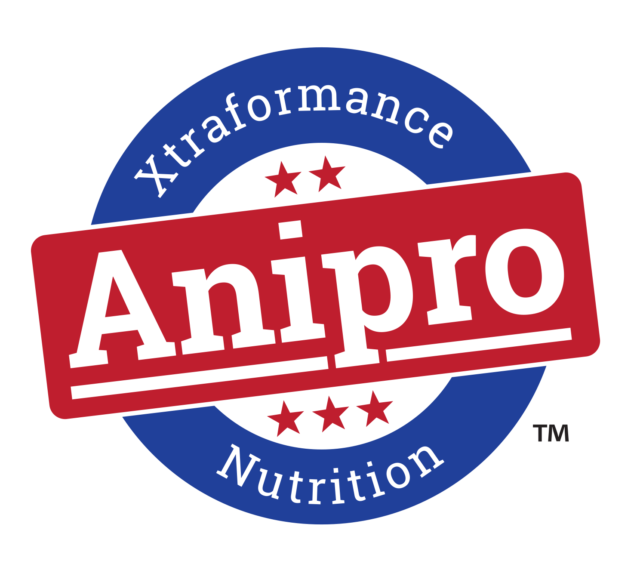The research team, headed by food microbiologist Andy Benson, received a five-year, $2.35 million grant from the U.S. Department of Agriculture (USDA). The project will build on earlier work done with lab mice by Benson and his collaborators. E. coli O157:H7 long has been known to colonize the bovine gut. Although it causes no disease symptoms in the animals, it can be transmitted to humans through improperly cooked beef, among other ways.
Preharvest E. coli research has focused primarily on the epidemiology of the disease, along with field-level and management factors that affect transmission from animal to animal, Benson said.
"More recently, studies looking at animal-level factors have shown that while many animals may be carriers of the organism, a small portion of animals shedding the organism at very high levels may account for much of the transmission risk," added Benson, the W. W. Marshall Professor of Biotechnology in UNL's Department of Food Science and Technology. Those animals are referred to as "supershedders."
E. coli research so far has yielded disease-fighting interventions primarily at slaughter and post slaughter stages of production, Benson said. With the newly funded research, scientists hope to devise some intervention strategies against the disease much earlier in the production process.
Previous research at UNL by a large team led by Benson used mice to show that genetic makeup of vertebrate hosts is a key factor in controlling the levels of individual organisms within the entire microbiota carried in the gut. This work, funded by the National Institutes of Health, combines quantitative genetics and microbiota analysis across different mouse populations.
Collaborators in this research include Stephen Kachman, a UNL statistics scientist; Etsuko Moriyama, a UNL genomics and bioinformatics scientists; and Daniel Pomp, a mouse geneticist formerly of UNL and now of the University of North Carolina.
Benson said the team's research has documented a strong association of several gut organisms with 13 different genetic locations in the mouse, with more still being discovered as the work progresses.
"It wasn't a big leap to think, 'you know, this hasn't really been looked at in food animals,'" Benson said. The new USDA grant will enable Benson and other scientists to do just that.
UNL scientists will do so in partnership with USDA's Meat Animal Research Center (MARC) at Clay Center and Geneseek, a private, Lincoln-based company that specializes in genotyping.
"It's really a Nebraska-centric project," Benson said, noting that all of the important pieces to the research exist in the state. The goal is to try to associate organisms in the cattle's gastrointestinal tract with genes in the animals to see if some of those interactions are causing certain animals to become supershedders of the E. coli pathogen, while others that may have E. coli present do not shed it in unusual numbers.
If those relationships can be understood, it may be possible to develop breeding and genetic programs to reduce the number of animals that shed high levels of E. coli O157:H7, salmonella, campylobacter and other pathogens.
"While epidemiologically oriented approaches have provided extensive information about the transmission patterns of the organism, they have essentially failed to come up with meaningful and effective preharvest interventions that work in beef production," Benson said. "On the other hand, breeding strategies, which have heretofore never been considered as an approach, could be implemented as a relatively simple intervention with potentially huge payoffs, ultimately reducing numbers of 'supershedders' that are released into feeding operations."
Benson said producers would be eager for such a breakthrough. "Many producers are already using sophisticated approaches to manage their breeding programs. For them, it would be yet another gene and another trait on their list of things that [they] want to breed for or breed against," he said.
MARC will provide about 1,500 animals for the research, and its bovine gene-mapping group, including Larry Keuhn and Warren Snelling, will be involved, as will USDA microbiologists Jim Wells and Jim Bono. Geneseek will handle the genotypic studies.
UNL's Gut Function Initiative and Core for Applied Genomics and Ecology also will be involved in the research. Benson said the MARC-UNL partnership was "greatly facilitated" by John Pollak, director of MARC, and Rolando Flores, head of UNL's Department of Food Science and Technology.
The USDA grant was part of the Food Safety Foundational Awards from the National Institute of Food and Agriculture. 








